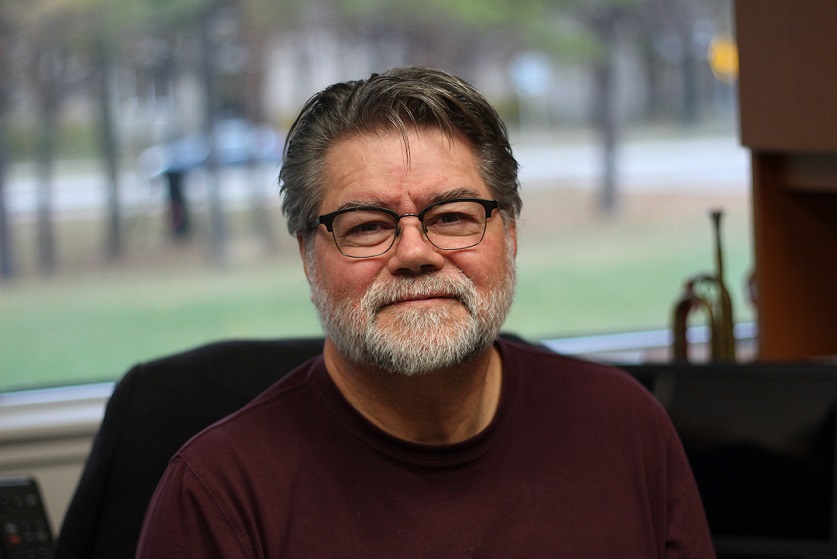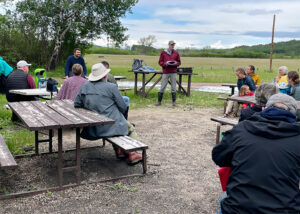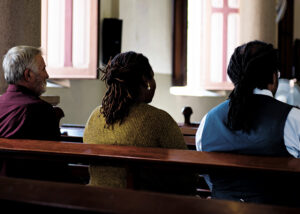Aug. 15 marked the end of my three-month sabbatical and my return to the office at Mennonite Church Manitoba. Time took on a special meaning during this leave as I took the opportunity to live into the prairie experience afforded to me by our little farm: raising chickens, gardening, repairing dilapidated buildings and building new ones, caring for grandchildren and golfing. It was also a time marked by reconnections with family, friends and neighbours.
The prairie around me allowed for blissful hours observing birds, deer, small rodents and the life cycle of plants. A frequent tune running through my soul was “This is my Father’s World,” and I was blessed by the “music of the spheres.”
I had long, uninterrupted conversations and thoughts about faith, growth and change, and about the role of the church today. It became clear to me that the church would do well to adopt a posture of confession and humility. The frequent news briefs regarding abuse from various faith-based organizations underscores our need not only to be vigilant against abuse of all kinds but also to become more open and more transparent whenever they arise in our midst.
Left un-dealt-with, abuse undermines the church’s credibility and creates mistrust. We dare not defend or explain away why we have behaved in ways that contradict Christ’s teachings and example. In humility we need to accurately name our transgressions, seek for paths of healing, and vow together to strive for the integrity and trust that reflects the deep love from the Creator in whom we live and move and have our being.
It became clear to me that we need to work creatively at language depicting our spirituality as Mennonites. Our spiritual connection to God and to each other needs a language that has relevance in our world today. Over the centuries, we have developed a robust and intricate language through which we communicate our profound pursuit of peace, social action and justice. In addition to this we need to be working at developing a lexicon that accu-rately describes our daily interactions and spiritual awareness in 2018. New words will shape our thinking and our worship, and will reflect the transformation we are experiencing.
It also became clear to me that we need to become more curious about the natural ways that people today are gathering into meaningful communities. The church does not have a monopoly on community and growth. People continue to desire communities of influence in their lives. The church will do well to look at how and why these communities are forming and ask how we can participate in, and learn from, these communities, with respect and dignity for all.
The vision of the local congregation as the seat of mission and ministry has taken on a new vibrancy for me during my time away from the office, and I returned to work with new insights and renewed energy to serve the body of Christ.
Ken Warkentin is executive minister of MC Manitoba. His farm is near the little town of Komarno, which means “mosquito” in Ukrainian.







Leave a Reply
You must be logged in to post a comment.